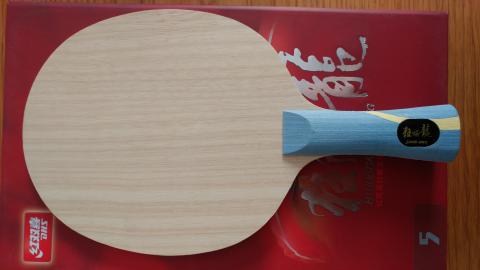This user has no status.
Well-Known Member
I asked my uncle who live in USA for 40 years (his wife is native american) and have more problems with polish language now after these years. Anyway I sent him these words and he does not know any of them.
The Indians and many other former British colonies are worse than Ian Marshall in their use of elaborate English words. Americans are noted for their simplicity given the success of Hemingway and the advice of William Strunk and EB White in the often advocated "Elements of Style", which made simple writing a virtue.
For me, anyone who lives in England or a land where speaking good Queen's English is respected may not like Marshall's style, but will find it hardly anything unusual. Using hackneyed phrases repeatedly in articles is what makes you know them upon sight. It's the kind of journalism I grew up with. And of course, Ian Marshall probably grew up with what the people I grew up reading grew up with.
Last edited:











